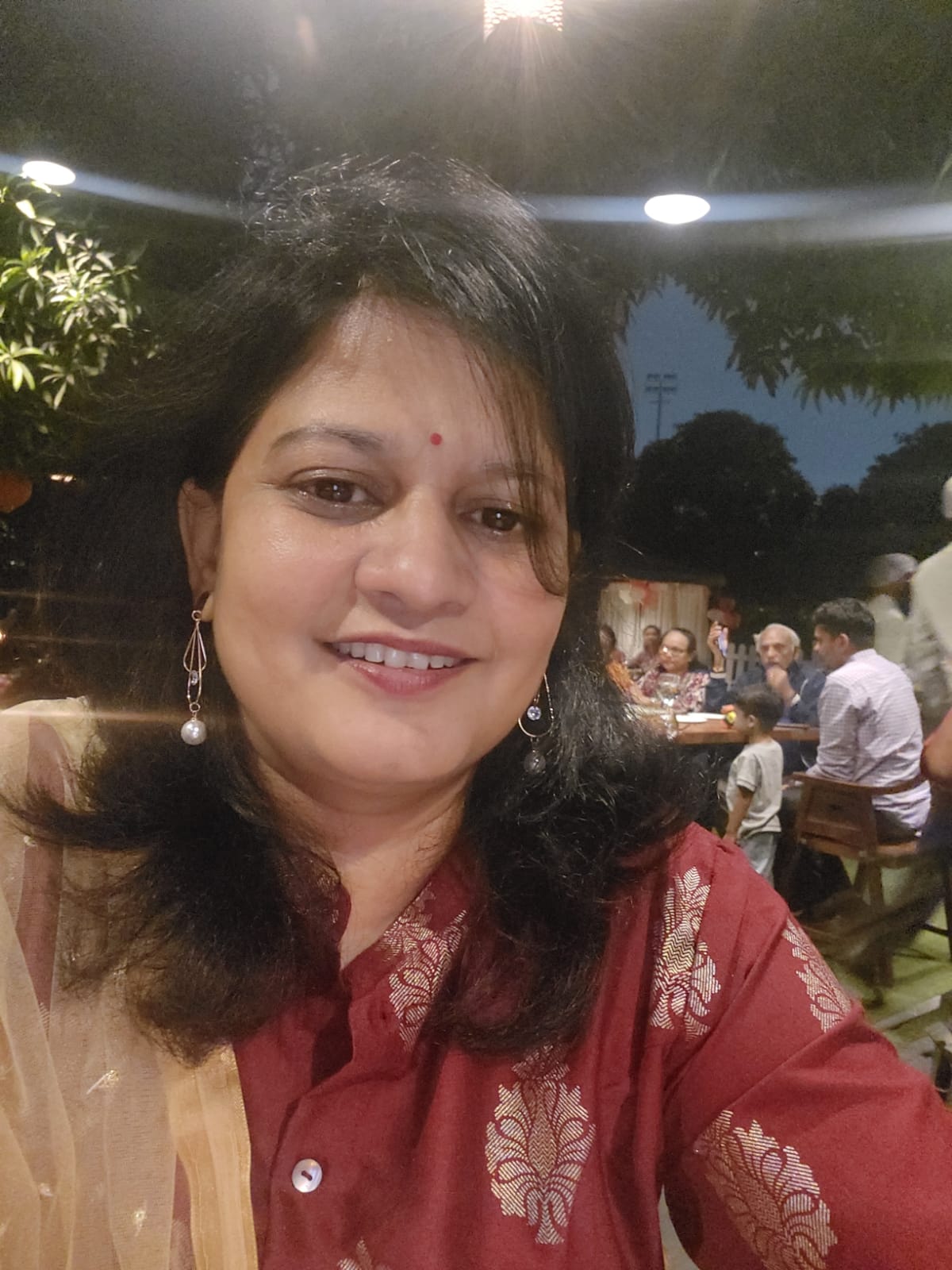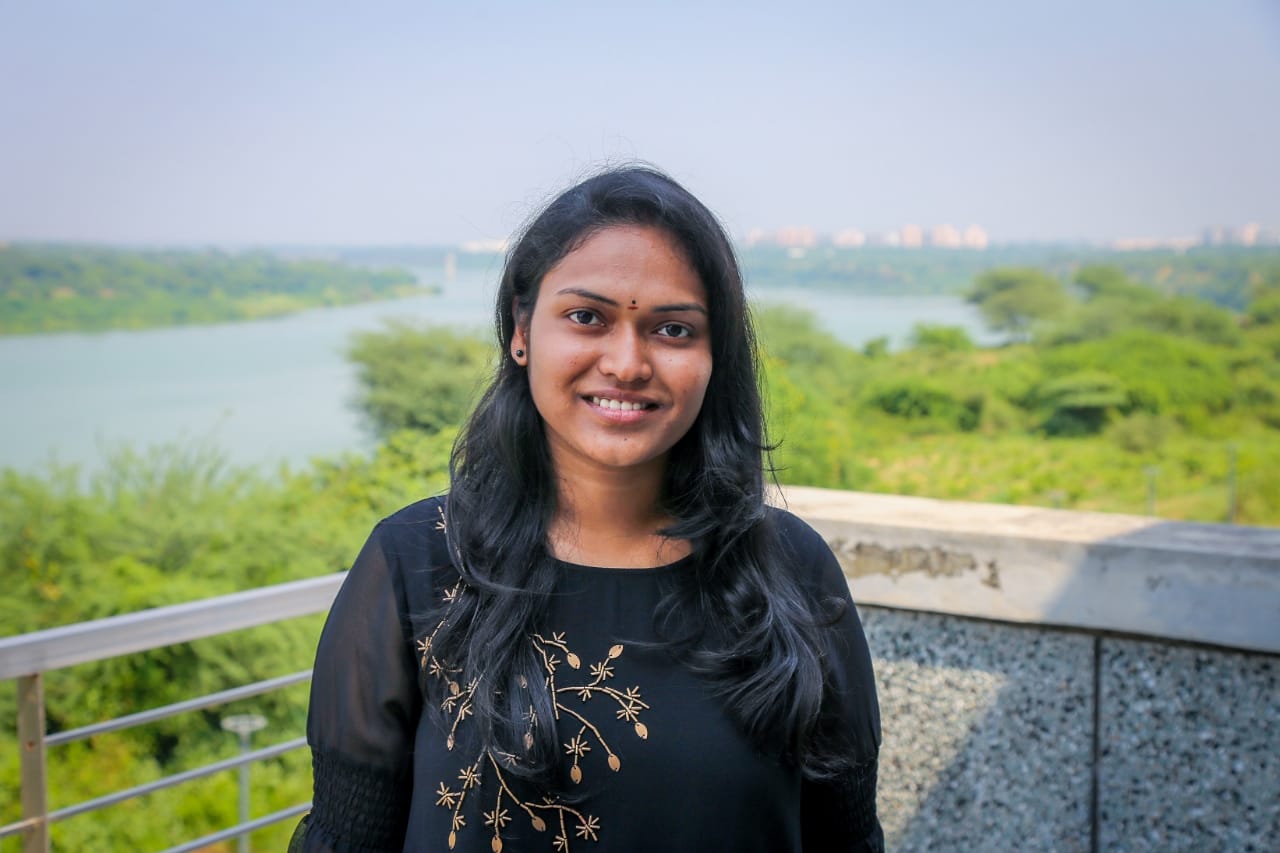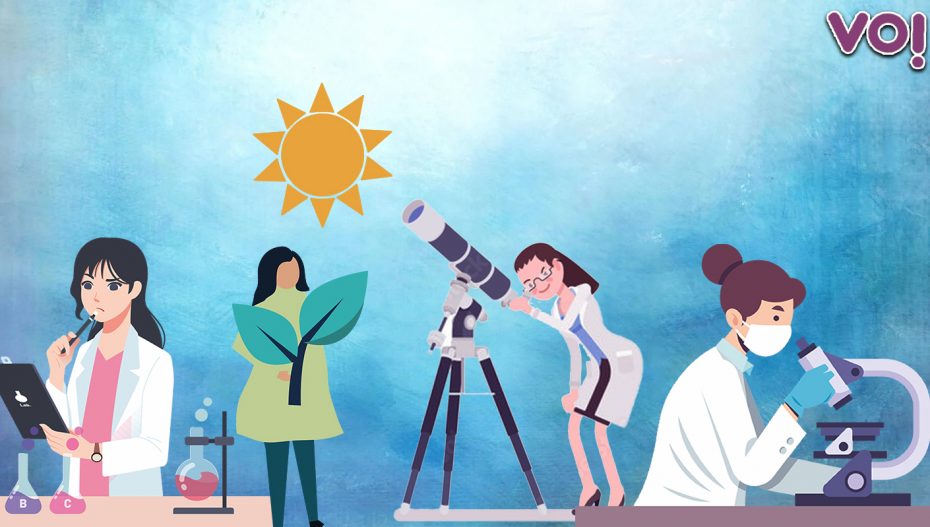Women are the quintessential unsung superheroes of society – forced to single-handedly manage both home and work, and often expected to do so with the finesse and elegance of a model walking down a ramp. Although the winds of change have begun blowing in the right direction, they are yet to pick up enough speed to bring about solid change.
Case in point: Even as women are encouraged to pursue the fields of their dreams, they get bogged down by crippling gender stereotypes.
Science is a field predominantly dominated by men globally, but in India, the gender ratio is more askew.
According to the annual All India Survey on Higher Education (AISHE) report, only 43 per cent of the total graduates in Science, Technology, Engineering and Mathematics (STEM) in India are women.
Swedish Science Counsellor Fanny von Heland said recently that despite having one of the highest women graduates in STEM, India only makes up for 14 per cent of women scientists, engineers and technologists in research development institutions and universities. The gap is quite evident and the work environment tends to reflect this gender disparity.
Despite all this, women continue to break through glass ceilings and are still making great strides in the field overcoming not only gender stereotypes but also socio-economic pressures. Team VoI interviewed four such women.
These are tales of women who broke through barriers and did so with the full support of their families – both before and after their marriage.
Anuja Sharma, Senior Scientist in Space Applications Centre, ISRO

Anuja Sharma, 48, joined ISRO at the age of 23 and has continued her work at the Space Application Centre (SAC) contributing to the development of space research. Sharma is also a member of the Indian National Cartographic Association, Gujarat.
Belonging to a different era where, like Kareena Kapoor’s character Pia said in the movie 3 idiots, the profession of a child is decided right at birth – if it is a girl, she will become a doctor and if it is a boy, then he will become an engineer – Sharma carved her own path. She decided to pursue computer engineering at a time when the fate of a person’s career was dependent on their gender.
“At that time, my father wanted me to become a doctor and my two elder brothers to become engineers. I was at least blessed enough to get equal opportunities,” said Sharma.
“However, I told my father upfront that I want to become an engineer as my brothers were engineers and without a thought, my dad agreed,” added Sharma.
Sharma decided on pursuing computer science as she was motivated by the sudden use and boom of computers.
“When I went to get the admission form in one of the colleges, the person on the counter gave me a form for Arts stream. When I told him that I wanted to pursue engineering, he told me that girls cannot pursue engineering,” recalls Sharma.
Unfazed, she cleared the entrance exam and completed her engineering graduation course from government-run Samrat Ashok Technological Institute, Vidisha, in 1996 and then joined ISRO the next year.
“Honestly, there was no plan of becoming a space scientist,” said Sharma. “I applied through a newspaper advertisement and was able to clear the exam,” she added.
“At that time, very few female candidates worked at ISRO and my parents completely supported me despite society’s disapproval. My relatives used to question my decision of joining ISRO but my father was adamant about me doing what I wanted,” added Sharma. “My in-laws have been very supportive, especially my husband who is also a Senior Scientist at ISRO,” she gushes.
“Now, there are more women at ISRO,” she says proudly.
Sharma is also organising a special program for women’s day at ISRO, Ahmedabad. She shared four lines she wrote for the skit.

“If we set the same rules for our daughters and sons, we don’t require extra incentives. We will not require reservations in JEE Mains, us girls will win on our own,” she beams. “We have to teach our sons that women are no less than men,” adds Sharma.
Sharma said that women have many opportunities these days and the times have changed. “Discuss ideas with each other and we will thrive,” she says.
Sharma is currently working on two projects – OceanSat3 and NISAR (a joint venture of NASA and ISRO).
Diti Chokshi, Associate Professor in Biochemistry, MG Science Institute, Ahmedabad

Diti Chokshi, 54, is a full-time professor of Biochemistry at MG Science Institute. She loves her job; she says there is no better job than teaching. “It keeps me youthful and gives me a chance to impart my knowledge,” she says. Choksi has also completed the Upantya Visharad in Indian classical music and plays the sitar quite skillfully.
From reading ‘cancel’ as ‘cancer’ while watching a movie as a child, Chokshi found her calling very early on in life. She knew she wanted to become a doctor just like her aunt.
However, times were different and she was a CBSE student. At that time, only one seat was available in Ahmedabad which she was not able to procure. And she didn’t want to leave Ahmedabad as she was pursuing graduation in classical music, she rues.
“So, I chose Biochemistry as my major as it was the closest thing to medicine compared to other branches,” says Chokshi.
Having completed her Bachelor’s in Biochemistry from St Xavier’s, Ahmedabad, she pursued her Master’s in Biochemistry from MSU Baroda. “I decided to pursue my Master’s in Baroda and had to leave the last year of my music course. I had my own doubts,” she reminisces.
“My parents have been very supportive and my mom even came to Baroda with me initially to get me settled,” says Chokshi. “Not only my parents, my husband and in-laws have also stood by me,” she says.
“While I was pursuing my Master’s, I always used to look up to my professors. One in particular, Dr Tara Mehta, who used to teach us Nutrition was my favourite. She used to take a lecture for two hours at a stretch but it would never get boring,” adds Chokshi.
“Dr Mehta was quite knowledgeable and was always warm and affectionate. I do try to imbibe those qualities to my professionalism,” adds Chokshi.
Creating a bond with students is a big part of the job description for a professor. Many of her past students are still in touch with her. One of them is at a top post at Abbott Laboratories and is a part of the company making artificial machines that are as good as the heart. “Parmita was not so focused in class those days, but I knew that she could achieve great things and decided to help her on a personal basis,” Chokshi says proudly of her former students.
The other is RJ Dhvanit, the famous RJ, who has been in touch with his teacher for the longest time.
Choksi says that India lacks pure research at the undergraduate level. Hands-on research training is a must at the graduate level. For younger generations to be interested in science, interesting topics such as Cancer, AIDS, molecular biology and nutrition should be taught at very basic yet interesting levels in the school itself, she stresses.
Dr Megha Bhatt, Environmental Scientist & Entrepreneur at SciKnowTech

Dr Megha Bhatt has about 25 years of experience and has been pursuing research and academics simultaneously. She holds a doctorate with work at SAC-ISRO, Ahmedabad. She is also a science entrepreneur and runs her coaching venture SciKnowTech which dabbles in experiential teaching at the school level providing kids with a deeper, more fun approach to science.
“Since childhood, I loved teaching and always wanted to be a teacher as my father is a literature expert in Mumbai,” says Dr Bhatt. “I pursued my Bachelors and Masters in Botany from Mithibai College and worked there for a while in Taxonomy,” she adds.
She shifted to Ahmedabad after marriage and decided to pursue her doctorate in Environmental Science as taxonomy was not available in Ahmedabad.
“I was doing my PhD at ISRO in 2003 and my thesis was about the land impact on the nitrogen cycle,” recalls Bhatt, adding, “But as fate would have it, I had to finish my PhD in 2003 itself and I was also pregnant at the time, other than that I was also teaching at St Xavier’s. I was doing all three at once,” she says retrospectively.
She completed her thesis in time and was able to perform all her roles perfectly. After her son was born, Bhatt decided to dedicate herself to him and took a break. Even though she was offered a job at ISRO, she did not take it.
“My husband was managing the US arm for Ashima textiles and he got transferred to the US for a few years,” says Bhatt. There, she still insisted on pursuing academics. “I taught AP Biology and other subjects in LA,” adds Bhatt.
Ultimately, they decided to come back to India in 2009. After a career gap in research, she completed her research and applied for a project under the WOS-A scheme at the Department of Science & Technology (DST), Government of India. “I had done extensive research referring to over 4,000 papers and was chosen from 654 participants for fellowship with 26 other participants with a grant to pursue the project which even got renewed for a year,” beams Bhatt.
In 2014, Scholar Publishers published her thesis of PhD in the form of a book.
“I continued teaching temporarily at the postgraduate level till 2017. I was teaching the newly-introduced course on Climate Change and Impacts Management at Gujarat University,” says Bhatt.
Meanwhile, she would teach science to her son and his friends through experiential teaching and this is where SciKnowTech came to fruition in 2015. “I continued to teach at the university and also developed SciKnowTech but realised that I had to choose one,” she says.
“I finally chose SciKnowTech and am proud of my decision,” says Bhatt.
“I started doing workshops at clubs and children started enrolling in the programme,” said Bhatt.
“My husband has been very supportive of the initiative and he decided to quit his full-time job and has taken the entire responsibility of the administration end of SciKnowHow,” says Bhatt proudly.
“I see gender bias at such a level which is initiated by parents itself. Generally, the parents think their daughter is better at Arts and nudge her towards becoming an architect rather than letting her find her own calling,” says Bhatt.
“A couple came to enrol their daughter in sixth grade but enrolled their son who was in third grade. I even suggested to them that it will be more beneficial for the daughter as she was at a higher level,” adds Bhatt.
Bhatt also suggests that parents should let their children decide for themselves rather than restricting them to the field of their choosing.
Bhatt plans on taking this initiative forward and teaching children about science from a concept and practical point of view rather than learning about it through books.
Harini Gunda, PhD student of Chemical Engineering, IITGN

From childhood, Harini Gunda, 30, was interested in science and that innate curiosity led her to become a Chemical Engineer. She is currently pursuing her PhD at the Indian Institute of Technology, Gandhinagar (IITGN). She has won the SRISTI-GYTI Award 2021 for developing ‘Novel Boron Nano-additives for Improving the Performance of Solid Propellants’.
What began as an attempt to establish herself in the industry with pursuing chemical engineering inspired by his father’s business, helped Harini pursue her master’s and eventually PhD at IITGN. “I wanted to establish myself as my entire family is in the textile business in Andhra Pradesh which is also a reason for choosing Chemical Engineering,” says Gunda.
Hailing from Guntur, Gunda is the most educated girl not only in her family but her entire community. “My brothers have completed their degrees up to graduation in their respective fields, while I always wanted to pursue science. And my parents have been completely supportive of me,” says Gunda.
Her father has been quashing the community’s sarcastic comments. “My father always tells them that I did not have to spend a penny on Harini’s education after her schooling was completed. She has won awards and scholarships,” she says effusively.
In my community, girls mostly complete their schooling and are married off, she says. “All of my friends from my community are married and have kids, I just got married last year, ” she adds. Her husband has been equally supportive and is currently based in the US, working as a senior scientist.
Talking about the work environment in science, Harini says it is not much different from any other workplace. “The work environment is quite good but there is still some prejudice among men and they generally underestimate women among my colleagues,” says Gunda.
“However, my supervisor, Prof Kabeer Jasuja, has been very supportive and understanding even when my health was not in the best shape. He put the seed in my mind to think in the direction of my project with Boron and helped me with my curiosity as a researcher
Gunda is currently working with DRDO and ISRO as her project with boron-nanoparticles has applications in space and defence. In the long term, Harini plans to solve the problems with the environment and provide sustainable energy through nanoparticles.
On motivating more girls to pursue STEM, she says, the change needs to begin at home. “Girls should grow up believing that they can do anything they are interested in.”












